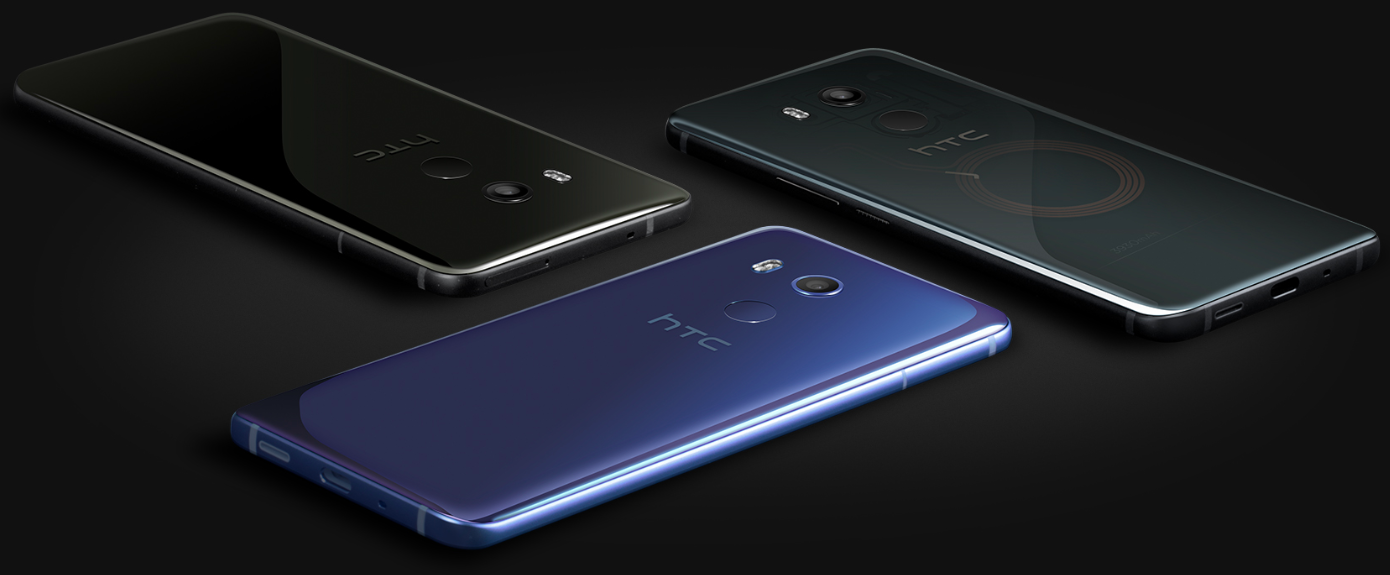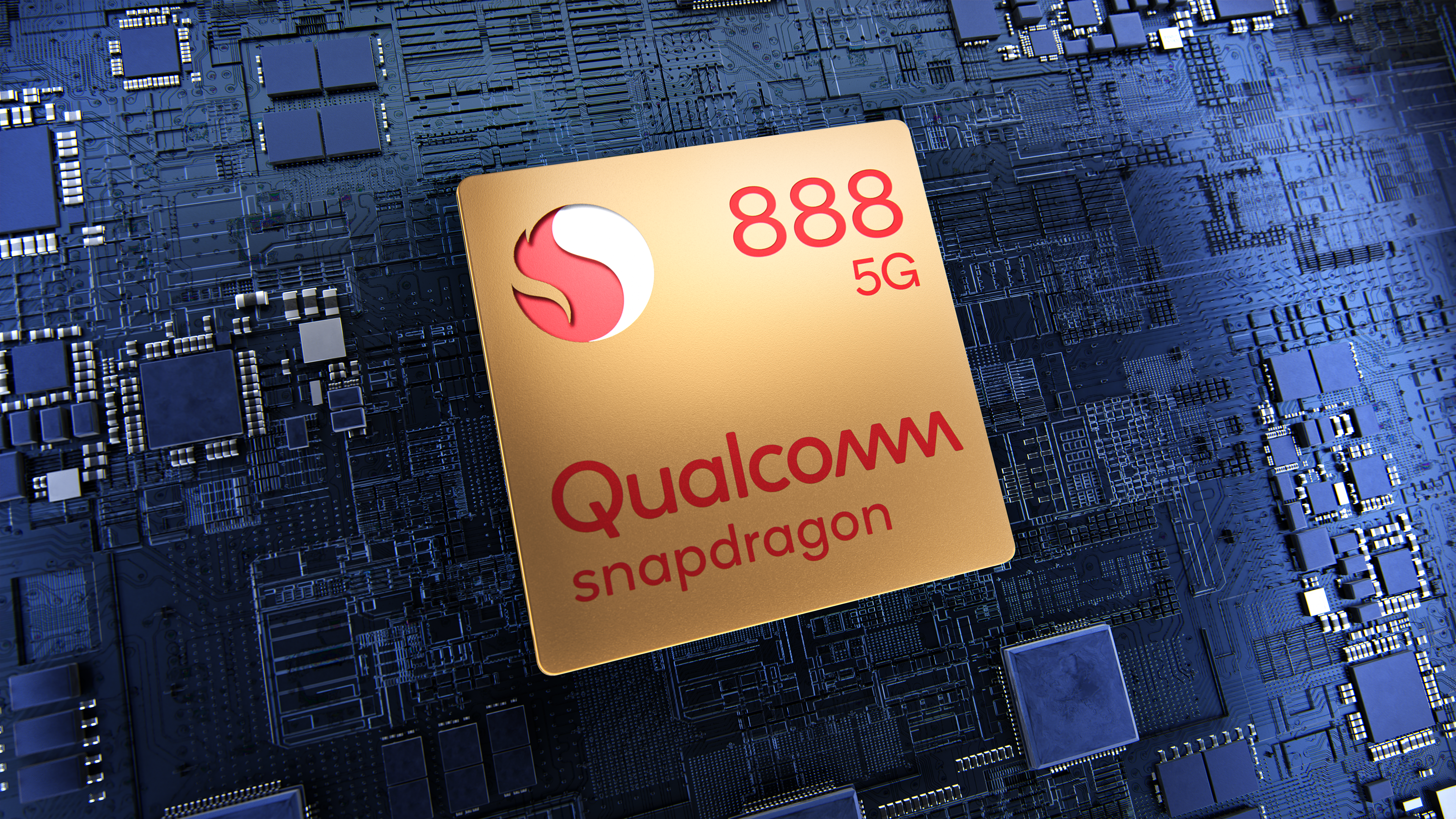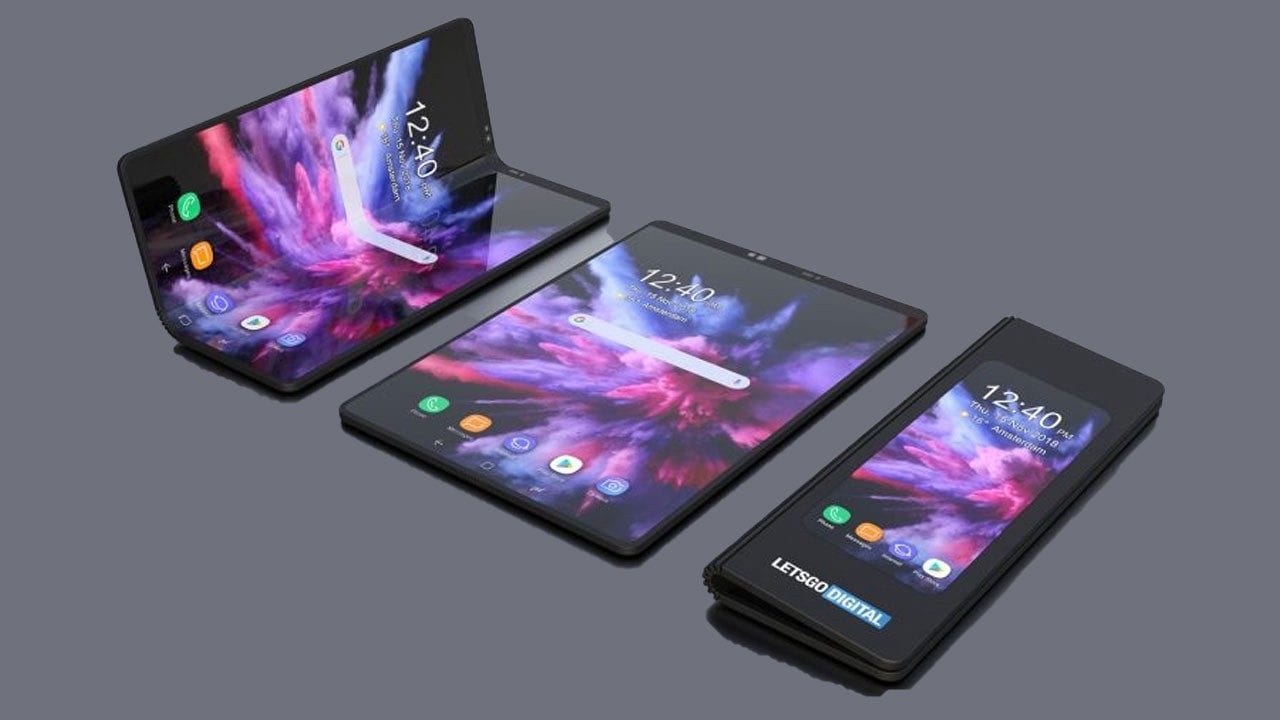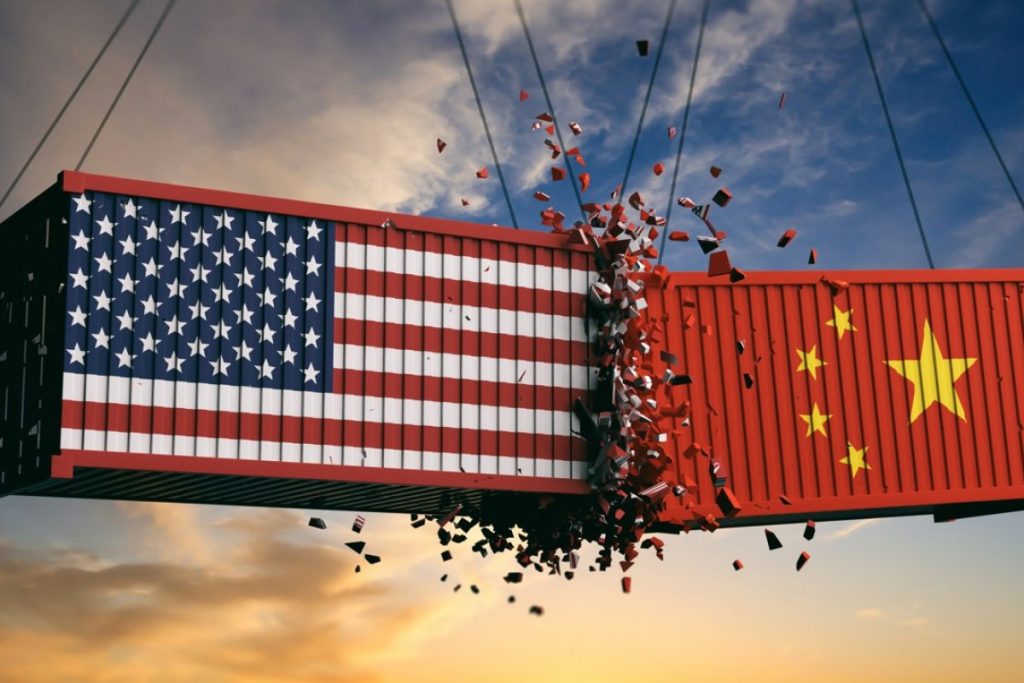HTC, one of the most premium brands in India in the last decade, shut shop in India in mid-2018. From a technology innovation perspective, HTC ranked pretty high up, but could not match it with a similar innovation in its business or go-to-market perspective. Its market in India nose-dived since it was either too late to adapt to emerging market trends, or it remained ambivalent. Cut to 2019, and HTC appears to be manoeuvring a comeback into the hyper-competitive India market via ‘brand licensing’.
Does it make logical sense for HTC?
Could this move be considered as a ‘masterstroke’?
Or, should it be termed ‘sheer desperation’?
More importantly, is ‘brand licensing’ a good business strategy?
What does buying such an iconic brand title mean for its Indian buyers?
Here’s the back story: HTC is reportedly negotiating a ‘brand licensing’ deal with Indian mobile phone brands, such as Lava, Micromax and Karbonn.
Remember, HTC is an iconic brand. It was one of the first vendors to develop and ship some of the world’s first Android-based phones. In India, HTC in its heydays was one of the few mobile brands that was ranked high for its innovation as well as for its brand pull. Even in 2019, HTC is still looking at launching new phones, with a high-end smartphone set to launch this year. The phone would tap into AI, Blockchain and 5G as well. Yet, over the past three years, HTC has seen its revenues, resources, and customers decline. By licensing its brand to Indian mobile brands with strong backgrounds, HTC believes it can generate royalties.
The homegrown brands, Micromax, Intex, Lava and Karbonn (MILK) once dominated the India mobile market. However, over the course of the past few years, Chinese brands overrun them. By 2018, the Chinese mobile brands, as per CMR, accounted for >60% market share of the Indian smartphone market. Of the erstwhile MILK brands, Lava is the only one which has stood its ground, and is working on a slew of ‘small big things’ that should put it in a steady growth path.
For the Indian brands, buying ‘brand licensing’ rights for HTC would make some logical sense. This would be, to the extent that they could adopt a new recourse to regain and rebuild mind share, and market share, by leveraging the brand equity of HTC.
Here is where it gets interesting.
Yet, recent MICI surveys from CMR point to consumers moving beyond ‘brand pull’ and focus on ‘experimentation’ with whichever brand offers them ‘exciting and aspirational value propositions’. Consumers, in fact, look at smartphones, as an extension of their brand personality. So, would investing into an ‘HTC’ brand right, make sense? Would consumers be ‘swayed’ enough to buy HTC-branded phones? Remember, we are talking of a vibrant mobile phone market where the likes of Xiaomi, Oppo, Vivo and even, Realme, have made large strides, and have a clear target demographic already acquired.
For Indian brands, would it not be ideally much more prudent to build on their strengths, such as their own ‘product innovation’ capabilities, or more importantly, their in-depth offline retail network? Imagine, for instance, providing ‘online only’ Chinese brands with ‘strategic know-how’, and offline retail capabilities.
From HTC’s perspective, it might seem to be a good idea to extract the brand value out of its ‘HTC’ brand. Yet, it would be a potentially ‘risky’ move if HTC were to license its ‘brand rights’ to multiple partners. More so, if it were to license ‘brand rights’ alone! Without the associated HTC IP or know-how, this could result in potentially hazardous market scenarios, arising from product quality or service issues.
HTC could look at Nokia and Blackberry for possible cues and roadmaps on how to monetize its brand.
In the case of HMD Nokia, the company benefits from the design strengths of HMD as well as the strengths of FIH Mobile, a Foxconn subsidiary. Foxconn leverages its manufacturing strengths to manufacture phones for HMD Nokia, via a 6% stake in the company.
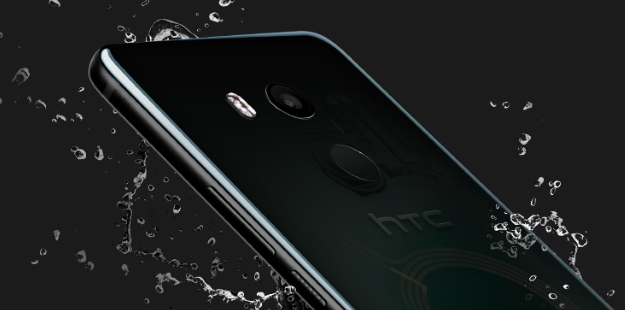
Optiemus Infracom Ltd, on the other hand, has secured a long-term licensing deal wherein it has access to not just Blackberry’s ‘brand rights’, but more importantly, access to Blackberry’s ‘device software’ as well! This puts Optiemus in a strong footing to manufacture and sell Blackberry-branded phones in India, as well as neighbouring markets, such as Sri Lanka, Bangladesh and Nepal. Both Blackberry and Optiemus benefit from this ‘symbiotic’ relationship.
It is not like HTC has not walked this road before. It worked with Google, and enabled it to leverage the hardware prowess of HTC, for the Nexus and Pixel phones. So much so that Google acquired most of HTC’s design team for $1.1 billion.
In conclusion, if one were to look back and reflect, it would have made more sense for HTC, had it shown some more aggressive intent, a couple of years ago. At that point of time, the India market was less crowded, and offered more opportunities for nimble players.
All said, it would be interesting to see what shape any potential HTC ‘Brand Licensing’ deal takes.
